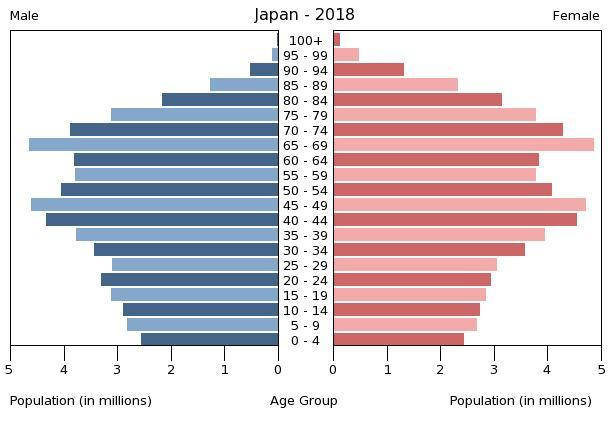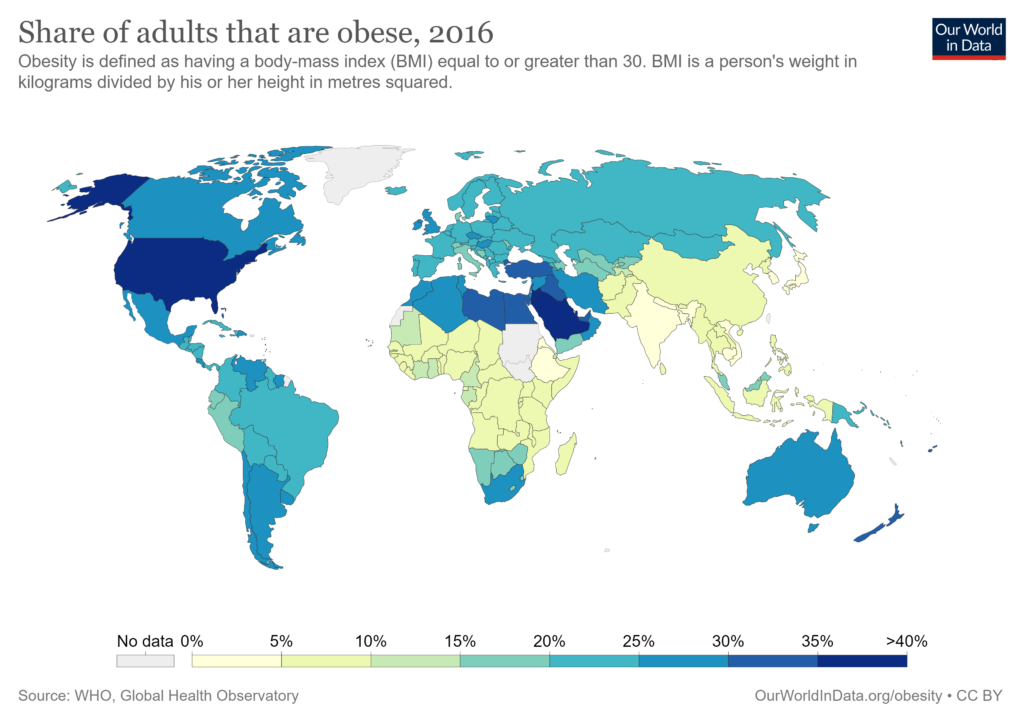The Metabo Law to reduce obesity in Japan.
The Metabo Law. Introduced in Japan on 1st April 2008 to combat the rising numbers of people with metabolic syndrome. Metabolic syndrome is a collection of factors that increase the risk of chronic disease:
- abdominal obesity
- hypertension
- high blood sugar levels
Half of all men and one in five women were showing signs of metabolic syndrome by 2008 but Japan still had very low rates of obesity. By being proactive, Japan intends to prevent chronic disease overwhelming the economy.
What is the Metabo Law?
Under the Metabo Law, everyone between the ages of 40 and 75 must have their waistlines measured every year. Men should be under 33.5 inches and women should be under 35.5 inches.
Fail to make the measure means counselling and lifestyle changes.
The responsibility for adhering to this law is being put on employers rather than individuals. There is no penalty for people who don’t turn up to have their waistline measured or who do not lose the weight. Their employer will have to pay a fine if they do not achieve 65% compliance and a 25% reduction in obesity over a given period of time. The fines will be put into funding the health care system.
Japan’s healthcare system is funded by a mixture of:
- government subsidies
- insurance premiums
- individual payments
Working age people pay into the system and then when they retire benefit from it, relying on the payments of those working to fund them.
Why does Japan need the Metabo Law?
The population of Japan is aging and as a result shrinking.
Chronic disease still tends to turn up in middle or old age but younger and younger people are developing it. In the West children and teenagers are diagnosed with type 2 diabetes every year – a disease which used to be called adult onset diabetes.
The key thing about chronic disease is that medicine has no cure for it. None, nada, zip, zilch. All that modern medicine can do is give drugs to slow the progress of the disease. You take these drugs and pay for them for life. Or rather, the people working and funding the health service of the country you are living in, pay for your drugs for life.
The population of Japan is expected to fall from 126 million today to about 83 million in 2100 when today’s babies will be in their old age. The worry is that these babies will be bankrupted by looking after their elders with chronic disease.
Should a government intervene in obesity?
Maybe that should be answered with a question. Would you turn up to have your waistline measured? What if you were in danger of failing the test? Is this an infringement of your human right to be obese if you wish? What about all those sumo wrestlers who spend hours maintaining their figures?
On the other hand, what about protecting the health of the economy? What about trying to put in place the conditions for people to continue enjoying their lives?
Japan doesn’t have an obesity problem – not yet. Something like 3.5% of people fall into the obese category.
Clearly the West has more of a problem than the East. While governments in the West have struggled to reduce obesity through education and sugar taxes, Japan’s government took decisive action. While we are afraid to provoke accusations of fat shaming, upseting consumers and industry, the Japanese have taken anti metabo on board.
The health of the next generation.
Obesity and metabolic syndrome is on the increase in Japan. The young who are most attracted to Western style foods and culture so it will be interesting to see how the Metabo Law survives as the next generation steps up to have its waist measured.
Covid-19
Japan has come through the pandemic (so far) with an excellent low death rate of 7 in 1,000,000 and no lockdown to any great extent. The death rate is comparable to New Zealand’s where they have had a much applauded, aggressive lockdown. One reason may be it’s low obesity rate.
Statistically, obesity and chronic disease lead to higher covid-19 death rates.
Maybe it is time to embrace education about the health risks of the modern food and lifestyle culture and promote good practice from childhood to old age.






